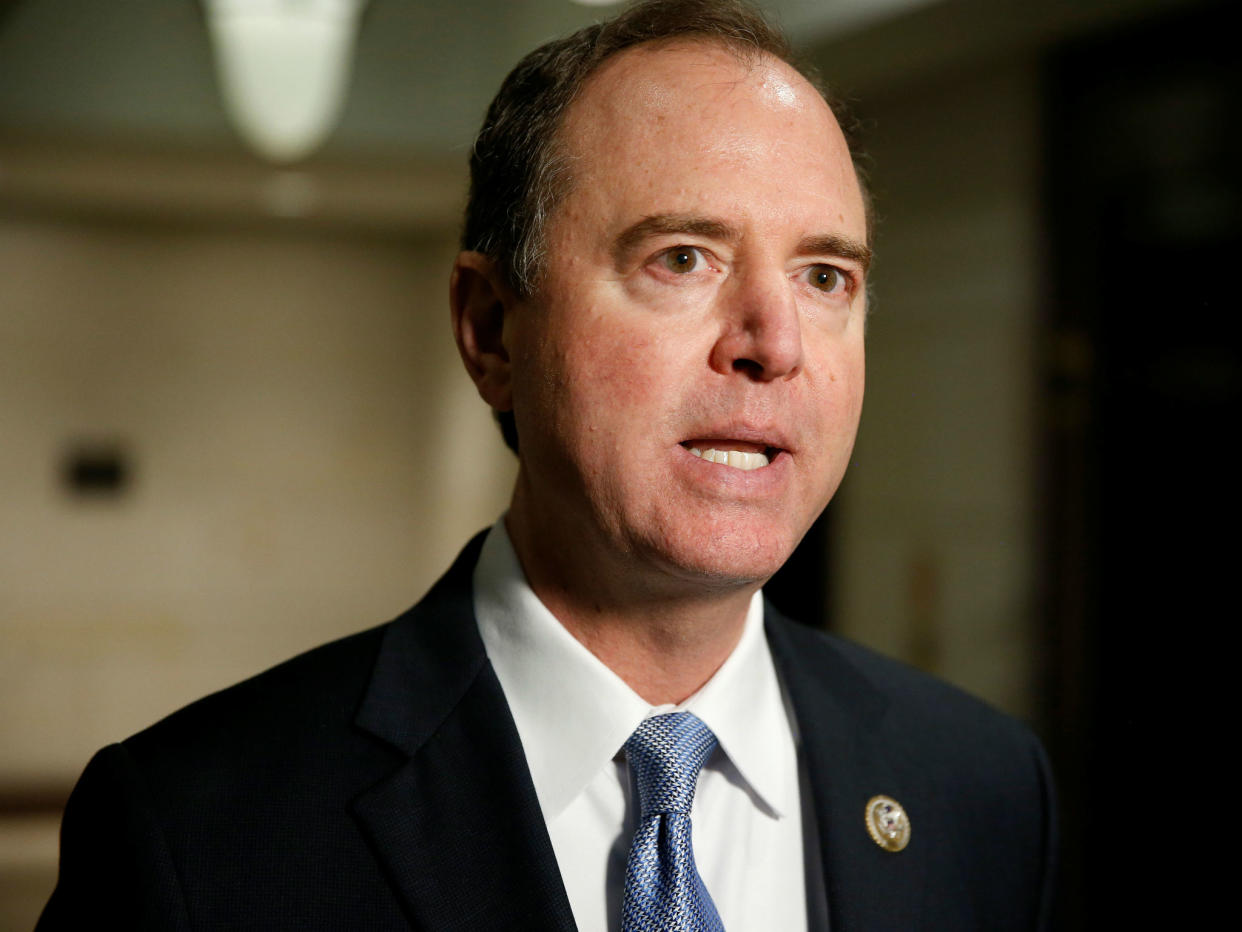Democrats ask Facebook and Twitter for evidence of Russia involvement in #ReleaseTheMemo

Democrats are pressing Facebook and Twitter to illuminate if Russian-linked actors fanned an online campaign to release a politically charged memorandum.
Republican politicians have been referencing a “shocking” and “alarming” analysis authored by a Republican-controlled intelligence committee, hinting that it shows abuse of government surveillance programmes. Paralleling those warnings, a #ReleasetheMemo hashtag flared on social media.
But Democrats have been deeply sceptical of their counterparts’ claims, with the top Democrat on the House Judiciary Committee, congressman Jerrold Nadler, dismissing the memo as a “profoundly misleading document” and accusing House intelligence committee chair Devin Nunes of advancing a “conspiracy theory”.
In a letter that echoed that critique, Sen Dianne Feinstein and Rep Adam Schiff, both California Democrats, wrote to the heads of Facebook and Twitter to allege that “accounts linked to the Russian government” could be exploiting social media to help drive the memo campaign. In an interview with CNN, Mr Schiff said Republicans had “made common cause once again with Russian bots because Russian bots are pushing their narrative out there”.
“We are witnessing an ongoing attack by the Russian government through Kremlin-linked social media actors directly acting to intervene and influence our democratic process,” the letter reads, referencing press accounts that suggest Russian-connected accounts have been involved in the effort.
The letter asks Facebook and Twitter to share “whether and how many accounts linked to Russian influence operations” are involved.
A Facebook representative confirmed receiving the letter but did not have a further response. In a statement, Twitter said that the company “is committed to addressing malicious activity on our platform, and we take any assertions of such activity very seriously”.
American intelligence agencies have concluded the Kremlin directed a sweeping campaign to influence the 2016 presidential election, an effort that included disseminating inflammatory and misleading content through social media.
As social media companies have testified on Capitol Hill and announced safeguards against future meddling, accusations of Russian weaponising social media have flown from both sides of the aisle.
Last year, Texas Republican Lamar Smith wrote to major tech firms seeking evidence that Russia had sought to unsettle the American energy market and foment opposition to an energy extraction technique known as fracking through “divisive social and political messages conveyed through social media”.

 Yahoo News
Yahoo News 
